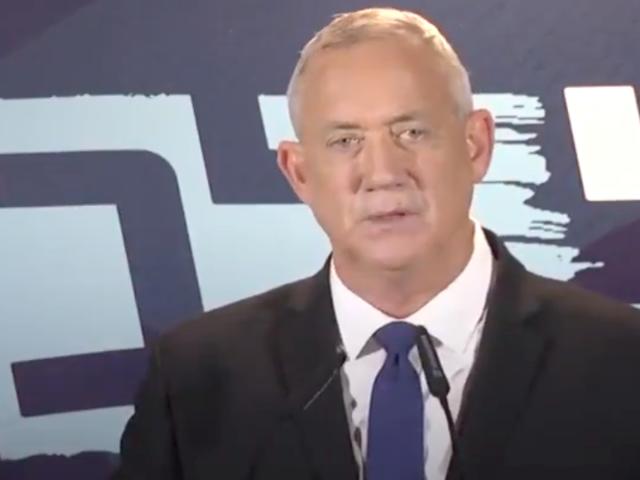Recent findings from another survey conducted by the Israel Democracy Institute reveal nuanced public sentiment towards the composition of the government and broader national issues amidst the Jewish State's ongoing security challenges. According to the institute's survey, a significant portion of Jewish Israelis, constituting 62%, advocate for Benny Gantz's National Unity party to continue its participation in the government. This perspective starkly contrasts with that of Arab Israelis, where only 22% support National Unity's government presence, and a majority of 55% favor its departure.
Prime Minister Benjamin Netanyahu's coalition is predicted to maintain a parliamentary majority even if National Unity exits, yet such a move is widely anticipated to catalyze protests and amplify calls for elections. Reflecting a preference for stability, 75% of National Unity's own supporters, along with a majority from the opposition party Yisrael Beytenu, recommend that the party remain within the governing coalition.
.@IDIisrael Israel 🇮🇱 Poll
— Aron Goldman (@ArgoJournal) March 10, 2024
Jewish Israelis
Should the National Unity party, led by Benny Gantz and Gadi Eisenkot, remain in the government headed by Netanyahu or leave it?
Remain in Netanyahu-led government 62%
Leave it 23%
February 28 - March 4, 2024https://t.co/JuUq7hPYX0 pic.twitter.com/JOCv2VXgve
The survey, which is part of the IDI's ongoing effort to gauge public opinion during the conflict with Hamas that erupted on October 7, extends beyond political alignments to delve into critical issues such as military service exemptions for Haredim and Arab Israelis, Israel's international standing, and the dynamics of U.S. support amidst the Gaza conflict.
Regarding military service, the majority of Jewish respondents advocate for revising the exemption status for Haredim, signaling a call for more equitable national service obligations. Conversely, opinions on altering the exemption for Arab Israelis are evenly split among Jewish respondents and predominantly opposed by Arab Israelis themselves.
Perceptions of Israel's global standing are notably divergent among Jewish and Arab Israelis, with a larger proportion of Arab Israelis viewing it negatively. This reflects broader concerns about Israel's image and relationships on the world stage.
Amidst growing protests to hold a national election, a poll by the Israel Democracy Institute found on Sunday that a majority of Israelis prefer Minister-without-portfolio MK Benny Gantz's National Unity party to remain in the government.@BreuerEliav https://t.co/prSJC7lm0T
— The Jerusalem Post (@Jerusalem_Post) March 10, 2024
The survey also addresses the contentious issue of access to the Temple Mount during Ramadan, with opinions divided on whether recent restrictions will exacerbate or mitigate violence. Most Jewish respondents foresee an increase in violence, a concern significantly echoed by Arab respondents.
Conducted from February 28 to March 4 through internet and telephone interviews with 750 participants, this survey underscores the complexity of Israeli society and the critical challenges facing its leaders. It highlights the delicate balance required to navigate internal divisions, security concerns, and international relations, reflecting the ongoing dialogue within Israel about its future direction and the principles underpinning its governance.


